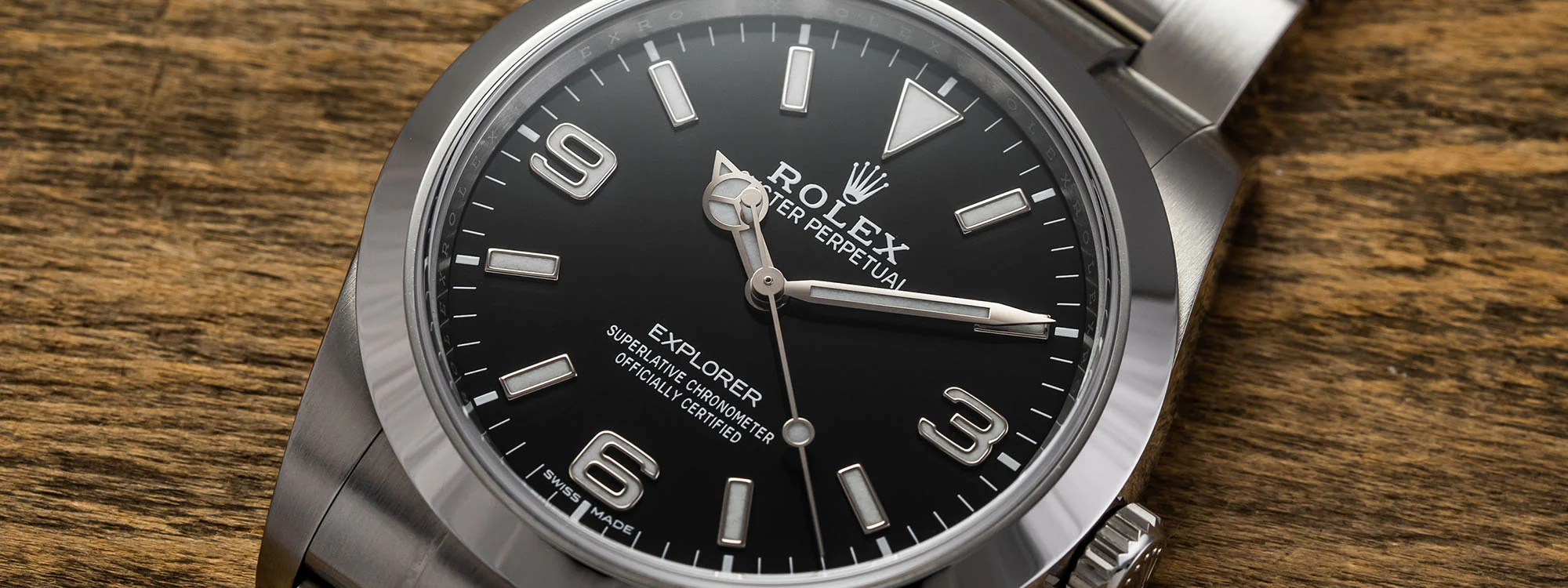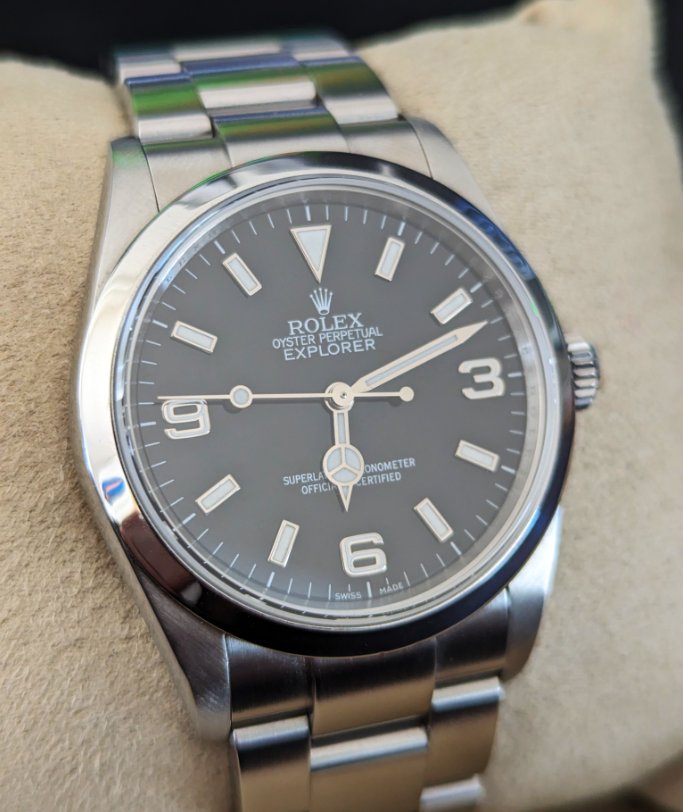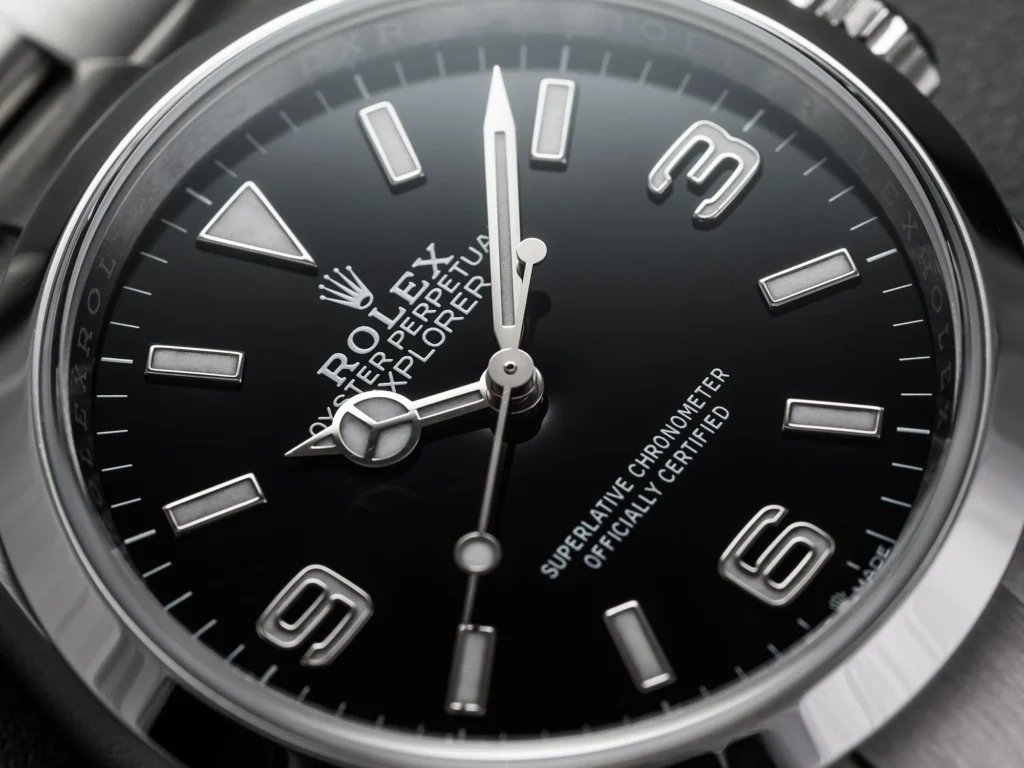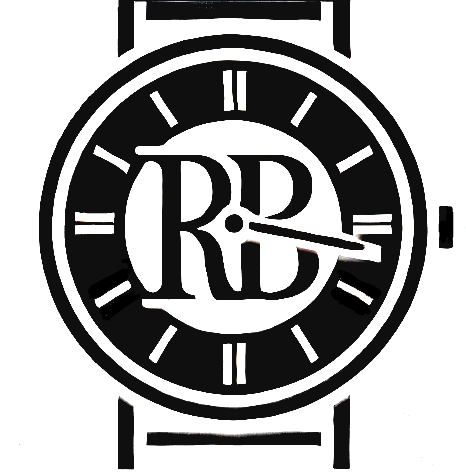
Rolex Explorer & Explorer II – Precision Meets Endurance.
The Rolex Explorer and Explorer II are made for those who push limits—from mountains to caves. With bold design, rugged build, and reliable timekeeping, both models are trusted companions for real adventure.
Shop Rolex Explorer on eBay
Buy with confidence: the eBay Authenticity Guarantee assures you are getting a genuine Rolex. The following contain affiliate links.












History of the Rolex Explorer & Explorer II
The Rolex Explorer was launched in 1953, inspired by Sir Edmund Hillary and Tenzing Norgay’s successful ascent of Mount Everest. Although Rolex sponsored the expedition with Oyster Perpetuals rather than Explorers, the brand later capitalized on the achievement by promoting a watch specifically designed for adventurers.
The Explorer II, released in 1971, targeted spelunkers and polar explorers—those who operate in low-light or no-light environments. It introduced a 24-hour fixed bezel and a distinctive orange GMT hand to distinguish between day and night.
Over time, both models evolved in size, movement, and lume, yet they’ve remained true to their rugged, minimalist DNA.

Key Features of the Explorer & Explorer II
- Stainless Steel Oyster Case – Durable and corrosion-resistant for extreme environments
- Simple Dial Design – Highly legible black dial with 3-6-9 hour markers (Explorer)
- 24-Hour Fixed Bezel – Explorer II only, to differentiate AM/PM
- Orange GMT Hand – Explorer II models like ref. 1655 and 216570 have iconic orange hands
- Chronometer-Certified Movements – Precision-engineered calibers (e.g., 3132, 3187)
- Solid End Links & Oysterlock Clasp – Enhances durability and fit
The Explorer in Popular Culture
The Explorer series isn’t as flashy as the Submariner or Daytona, but it has a cult following:
- Ian Fleming, creator of James Bond, wore an early Rolex Explorer.
- The Explorer II ref. 1655 earned the nickname “Steve McQueen”, though no definitive evidence links him to it—still, the name stuck in collector circles.
- Adventurers and outdoor enthusiasts revere the Explorer for its minimalist design and rugged dependability.

Collecting Tips
✔️ Check the Dial Type – Matte dials, tritium lume, and rare configurations (like “rail dials” or “frog foot coronets”) can greatly increase value.
✔️ Reference Numbers Matter –
- Explorer I highlights: 1016, 14270, 114270
- Explorer II highlights: 1655, 16570, 216570
✔️ Box & Papers – Always look for original documentation and accessories to boost collectibility.
✔️ Service History – Factory service is great, but untouched examples with patina may command more among vintage purists.
✔️ Condition is King – Polished cases lose value. Look for sharp lugs and original finishes.
Glossary of Terms
- Explorer Dial – Dial with Arabic numerals at 3, 6, and 9 positions, unique to the Explorer I.
- Freccione – Italian nickname for the large orange GMT hand on early Explorer II (means “arrow”).
- Rail Dial – A dial style where the letter stems in “Superlative Chronometer” and “Officially Certified” align vertically.
- Tritium – A luminous material used pre-1998, often marked as “T<25” on the dial.
- Patina – Aging effect that causes lume to turn cream or yellow, often desirable in vintage watches.
- Fixed Bezel – Unlike rotating bezels, Explorer II’s 24-hour bezel is fixed and used in conjunction with the GMT hand.
